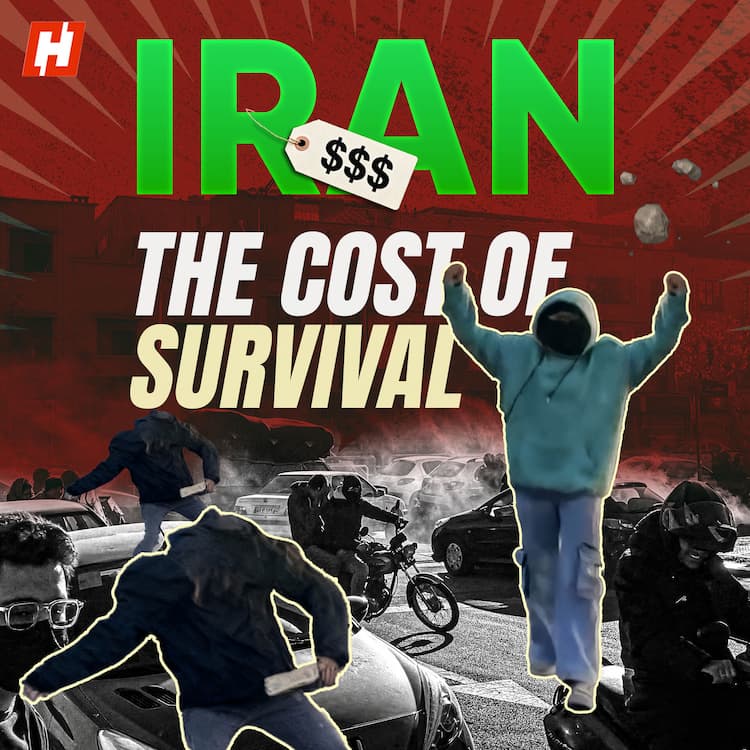The US government is barrelling toward a shutdown on October 1st and this time - it’s likely to be the worst instance ever.
The clock is ticking away with Republicans and Democrats locked in an increasingly obstinate battle to prove who really loves America and her citizens. Ironically though, if the US government does shut down, American citizens will be the ones to bear the brunt… not their elected leaders.
For context - a US government shutdown occurs when the two parties fail to pass a bill funding government services for the fiscal year beginning October 1st. Furthermore, this won’t be the first time. Such instances have happened several times over the past 4 decades.
Fun fact - the last time the US government shuttered was at the end of 2018, during Trump's first term. Further adding to the ignominy, that was also the longest ever shutdown in the modern era at 34 days.
What happens when the US government shuts down?
In the event of a full or partial government shutdown, essential operations - such as social security, military operations, law enforcement, immigration enforcement, and air traffic control - will continue. However, hundreds of thousands of federal workers deemed non-essential may be furloughed (temporary layoff with no pay) or required to work without pay.
In turn, this could lead to important services like the food assistance programme, the issuing of student loans, etc., being curtailed or closed. Additionally, it could mean national parks and things like the Smithsonian museums being closed, or worse, delayed food safety inspections and postponed immigration hearings.
Why is this US government shutdown different?
Typically, such workers have been brought back and paid retrospectively once Congress voted to reopen the government and funding was restored. But, this time, the impact on federal workers could be even more severe if the White House’s Office of Management and Budget (OMB) has its way.
According to Politico, the OMB, in a memo last week, warned agencies not just to prepare for temporary furloughs but for permanent layoffs in the event of a shutdown. Considering Donald Trump has spent much of his time as US President slashing spending and pushing federal workers out of their jobs (read DOGE and the One Big, Beautiful Bill), a shutdown could allow the Trump administration to accelerate its massive reductions.
Moreover, a shutdown could endanger the overall health of the US economy. The impending shutdown is taking place against the backdrop of a deteriorating job market and inflation accelerating because of Trump’s tariffs.
Importantly, it could also potentially leave investors and policymakers in the dark about the state of the US economy as previous shutdowns have delayed the release of important economic reports. For example, financial markets and officials at the Federal Reserve are keenly awaiting the highly anticipated September jobs report, due later this week.





